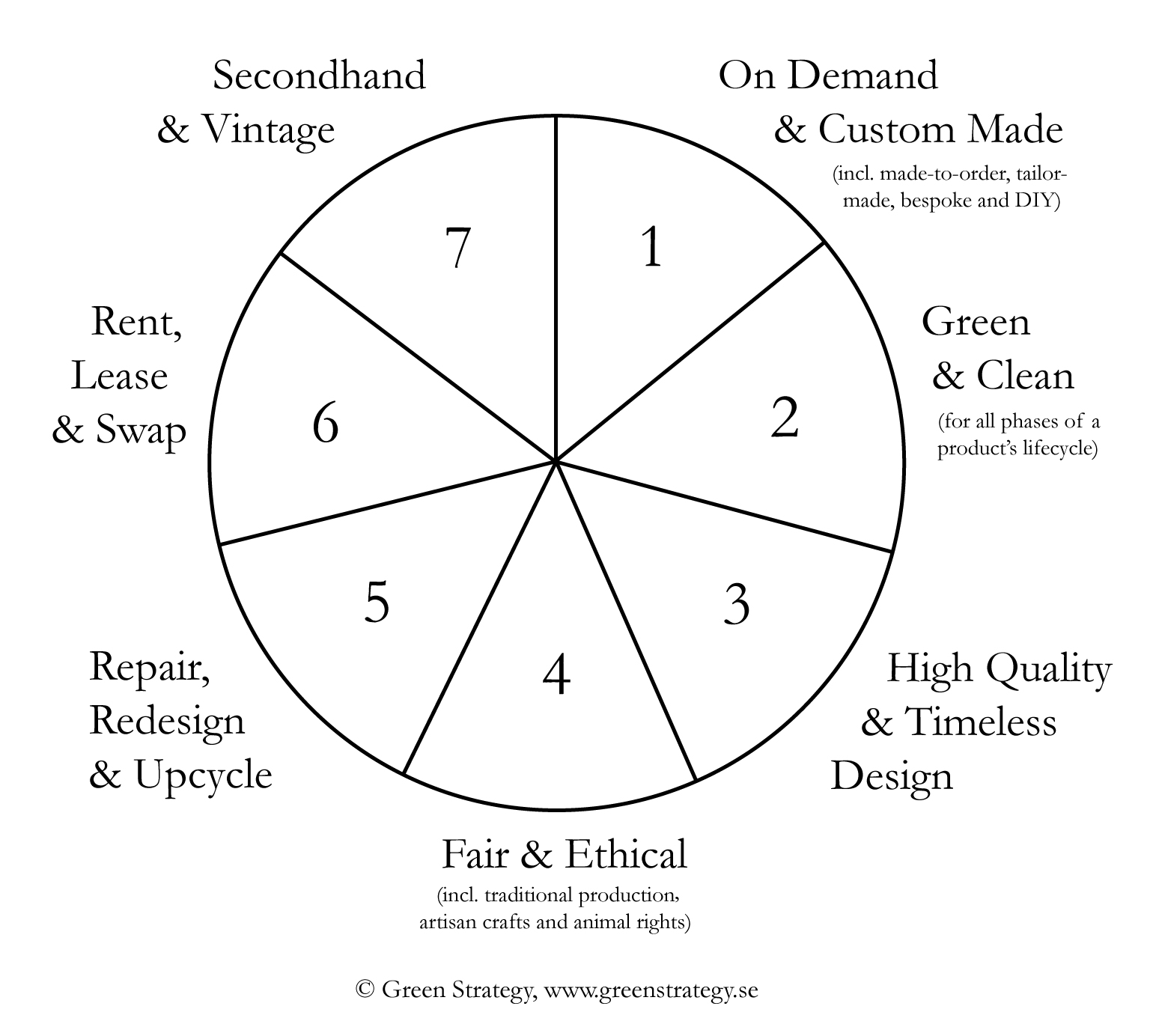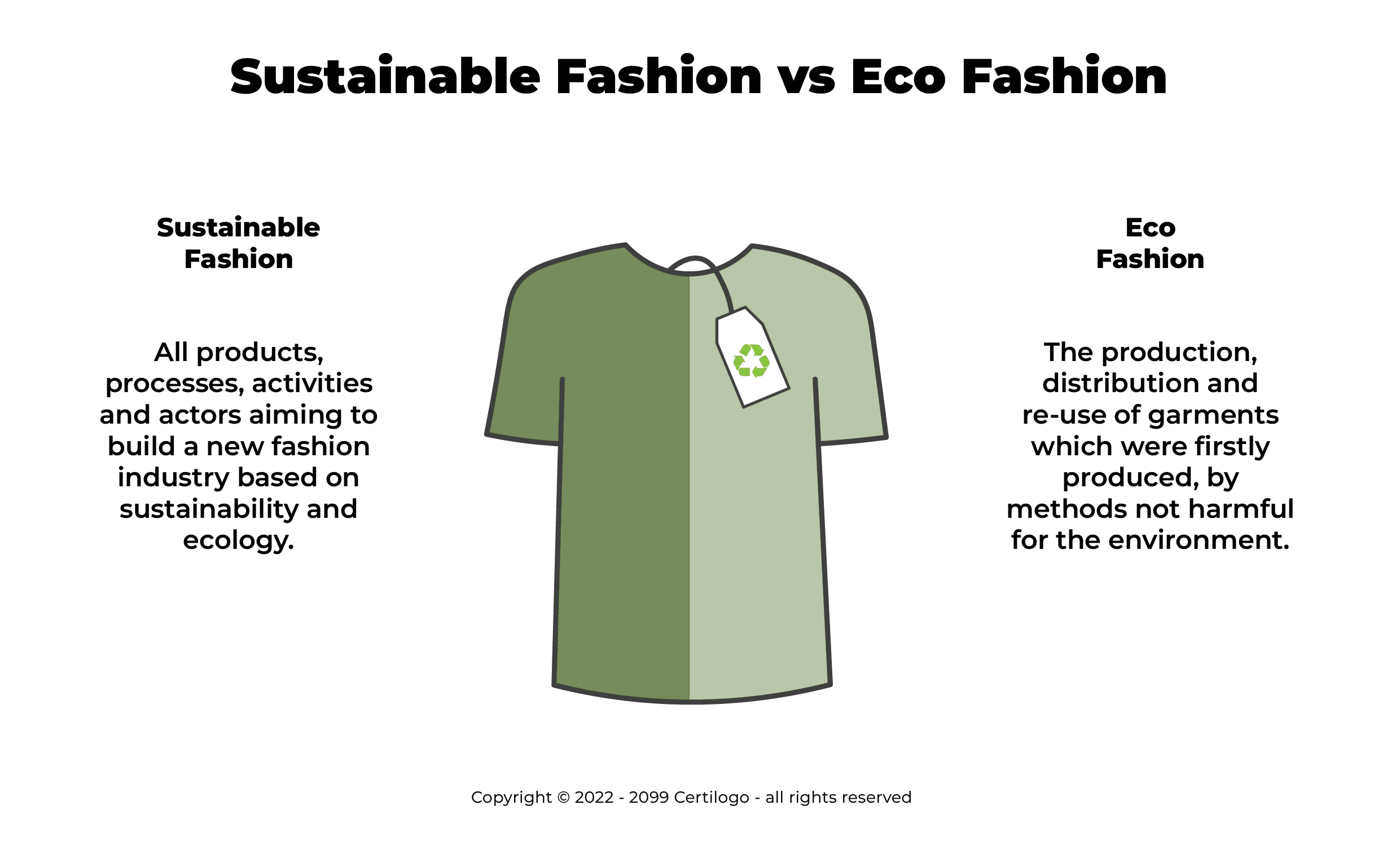Cape Town Sustainable Fashion: Redefining Design with Honest Choices
Remain Ahead of the Curve by Discovering Cutting-edge Style Fads
In a market as vibrant as fashion, staying ahead involves more than simply adhering to current fads-- it requires an expedition of technology. Smart fabrics, for example, are transforming garments right into useful work of arts, while 3D printing is revolutionizing style processes with its adjustable, waste-reducing abilities. As sustainability ends up being a cornerstone, developments like environmentally friendly materials and round fashion techniques are reshaping environmental obligation - Cape Town Sustainable Fashion. Moreover, the merging of technology and fashion proclaims a brand-new period of consumer engagement. Exactly how, then, can these arising trends redefine the future of fashion, and what implications do they hold for brands looking for to grow in this developing landscape?

Welcoming Smart Textiles
Over the last few years, the fashion business has observed a transformative shift with the integration of wise textiles, an innovative innovation that blends technology with fabric. This development stands for not just a blend of visual appeals and performance however likewise a considerable leap towards sustainability and customization in vogue. Smart textiles, also understood as e-textiles, embed advanced electronic devices such as sensing units and conductive threads within the textile, making it possible for garments to engage with the setting or the wearer.
These fabrics are made to check physiological specifications, such as heart price or body temperature level, offering real-time health analytics. Past wellness applications, wise textiles are likewise being made use of for adaptive clothes, which can transform shade or pattern in response to ecological stimulations, thus offering a vibrant fashion experience.
Furthermore, the development of energy-harvesting textiles that create power from motion or sunlight is leading the method for self-sufficient wearable technology. This technology is interesting eco mindful consumers and developers aiming to lower the environmental footprint of style. As research study and development in this area advancement, smart fabrics are expected to come to be progressively widespread, improving the landscape of modern style with their multifunctional capabilities.
The Surge of 3D Printing
Reinventing the manufacturing landscape, 3D printing has become a game-changer in the style market. This cutting-edge modern technology has allowed designers to push the borders of imagination, producing detailed and tailored garments that were previously inconceivable. By leveraging digital style and additive production, 3D printing facilitates the production of complicated geometries and patterns, permitting designers to explore brand-new textures and frameworks.
A significant advantage of 3D printing in vogue is its capacity to produce on-demand, lessening waste and lowering inventory requirements. This performance not only enhances manufacturing procedures but likewise permits quick prototyping, enabling designers to bring their visions to life in a much shorter duration. Furthermore, 3D printing supports personalization to a level unparalleled by traditional techniques, using tailored fits and distinct styles customized to specific customer choices.
The surge of 3D printing has also democratized fashion, making it available to emerging designers who can now fabricate premium pieces without considerable monetary investment in standard manufacturing facilities. As innovation remains to advancement, the garment industry is poised to harness the full possibility of 3D printing, discovering brand-new products and methods that will definitely redefine just how style is conceived and produced.
Sustainable Fashion Developments
As the fashion business comes to grips with the pushing requirement for environmental duty, lasting fashion developments have emerged at the center of transformative adjustment. The growing awareness of ecological influence has fueled a change in the direction of more eco-conscious practices and products. Brand names and designers are now focusing on sustainability, integrating methods that decrease waste and minimize carbon footprints.
One considerable growth is the rise of round style, which highlights recycling and upcycling to expand the lifecycle of garments. This approach not just minimizes waste yet likewise urges customers to adopt a much more conscious strategy to clothing intake.
An additional breakthrough exists in the adoption of cutting-edge dyeing techniques that use all-natural dyes or waterless processes, therefore decreasing the huge quantities of water and chemicals typically made use of in fabric dyeing. Furthermore, improvements in biotechnology have actually brought about the creation of lab-grown leather and materials, supplying ecologically pleasant and cruelty-free choices to standard products. Via these pioneering efforts, the fashion market is making significant strides towards a much more lasting future.

Tech-Integrated Apparel
Tech-integrated garments stands for a groundbreaking combination of fashion and modern technology, reshaping just how people engage with their clothes. This innovative domain name is noted by the inclusion of wise textiles and ingrained digital parts, improving both functionality and visual charm. From health look at this website and fitness trackers installed in sportswear to warmed jackets regulated through mobile phone apps, tech-integrated garments uses consumers extraordinary comfort and adaptability.
Pioneering brands are driving this trend, concentrating on developing garments that react to ecological stimulations or customer commands. For example, some garments can alter shade or pattern in action to temperature shifts, while others incorporate biometric sensing units to check wellness metrics like heart price or anxiety levels. The seamless integration of technology into fabrics likewise reaches environmental sustainability, with initiatives to create self-cleaning materials or garments that adapt to weather, hence decreasing the requirement for multiple layers.
Moreover, the arrival of wearable innovation is not just restricted to garments however encompasses devices like watches and eyewear, more broadening the scope of tech-integrated style. As the industry proceeds to innovate, the potential for modification and personalization in apparel expands, providing customers distinct, tech-enhanced style experiences that accommodate their individual demands and preferences.
Future of Virtual Style
In the last few years, the future of digital fashion has actually emerged as a transformative pressure within the industry, leveraging advancements in electronic innovation to redefine how style is created, experienced, and eaten. By integrating enhanced reality (AR), online fact (VR), and 3D style devices, designers can currently craft immersive and interactive experiences that go beyond traditional fashion borders. Virtual style enables the development of garments that exist solely in electronic settings, providing countless possibilities for advancement without the constraints of physical production.
This digital change not only provides possibilities for creative expression but likewise important site addresses sustainability problems inherent in standard style techniques. Cape Town Sustainable Fashion. By eliminating the requirement for physical sources, digital fashion decreases waste and lessens carbon impacts. Furthermore, the surge of digital fashion aligns with the enhancing customer need for one-of-a-kind and customized experiences, as digital garments can be customized and tailored to specific choices effortlessly

Verdict
The fashion market's future lies in the assimilation of innovative innovations and lasting techniques. Online style is poised to redefine customer communications.
In current years, the style sector has seen a transformative shift with the combination of wise fabrics, a cutting-edge advancement that mixes innovation with textile.As the style sector grapples with the pushing demand for environmental responsibility, sustainable fashion developments have emerged at the forefront of transformative change.In recent years, the future of virtual fashion has actually emerged as a transformative force within the industry, leveraging advancements in electronic modern technology to redefine just how style is developed, experienced, and taken in. The increase of online fashion aligns top article with the enhancing consumer need for personalized and one-of-a-kind experiences, as digital garments can be tailored and customized to private choices with ease.
The style industry's future lies in the assimilation of sustainable practices and innovative modern technologies.